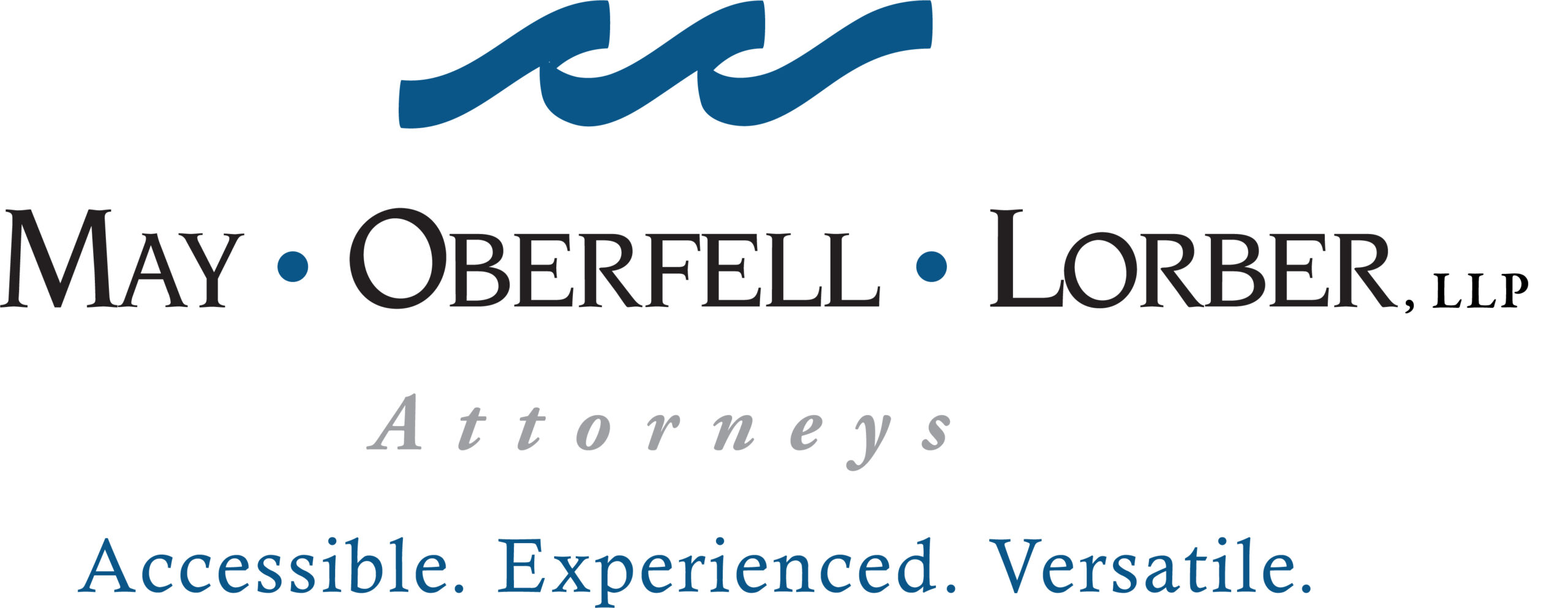Using bankruptcy to correct mistakes made by small business owners
No one starts a business with the intention of having it stumble or fail. But mistakes happen – whether by accidental missteps or economic conditions – and not all businesses are profitable. Here are ways that bankruptcy might correct or mitigate mistakes made by small business owners:
1) Reorganizing tax debt
One very common misstep by small business owners is not paying taxes. There are many kinds of taxes a small business may owe: payroll, sales, personal income, and even real estate taxes. Unfortunately, non-payment of tax bills comes with steep fines and penalties. The tools available to mitigate tax debt differ depending on the kind of business structure and the nature of the unpaid tax. Bankruptcy can be used to repay many tax debts in a structured manner. Further, certain unpaid income taxes can be discharged and/or tax liens can be removed.
2) Restructuring loans
When most people think of business bankruptcy, this is what comes to mind: using the federal bankruptcy courts to restructure loans. This option is available to small businesses, and not just giant corporations. Many business debts can be restructured in bankruptcy, including secured debts, business credit cards, and lines of credit with UCC liens. While loan workouts are certainly an option outside of bankruptcy, not all lenders want to participate. Small businesses that file for bankruptcy can use it to restructure loans, even if the lender may not want to engage in the process. The tools available to restructure debt are different depending on the type of bankruptcy filed. Business reorganization range from simply restructuring the repayment terms of a loan to reducing high interest rates to discharging debts in full.
3) Severing personal liability
Most small business lenders require the business owner to personally guarantee debts, so if the business defaults on the debt, the creditor can collect against the owner personally. This, unfortunately, frequently means that closing a struggling business does not the end of the owner’s debt problems. Bankruptcy can be used to protect the owner’s personal assets, such as their family home, while discharging any trailing liability from personally guaranteed debt on a defunct or distressed business.
Filing for bankruptcy of any kind is a serious decision that involves complex legal filings. Small business owners who are interested in utilizing bankruptcy would be wise to seek an experienced bankruptcy attorney who is knowledgeable about business and personal bankruptcies.
This article is for information purposes only and is not intended to constitute legal advice.
